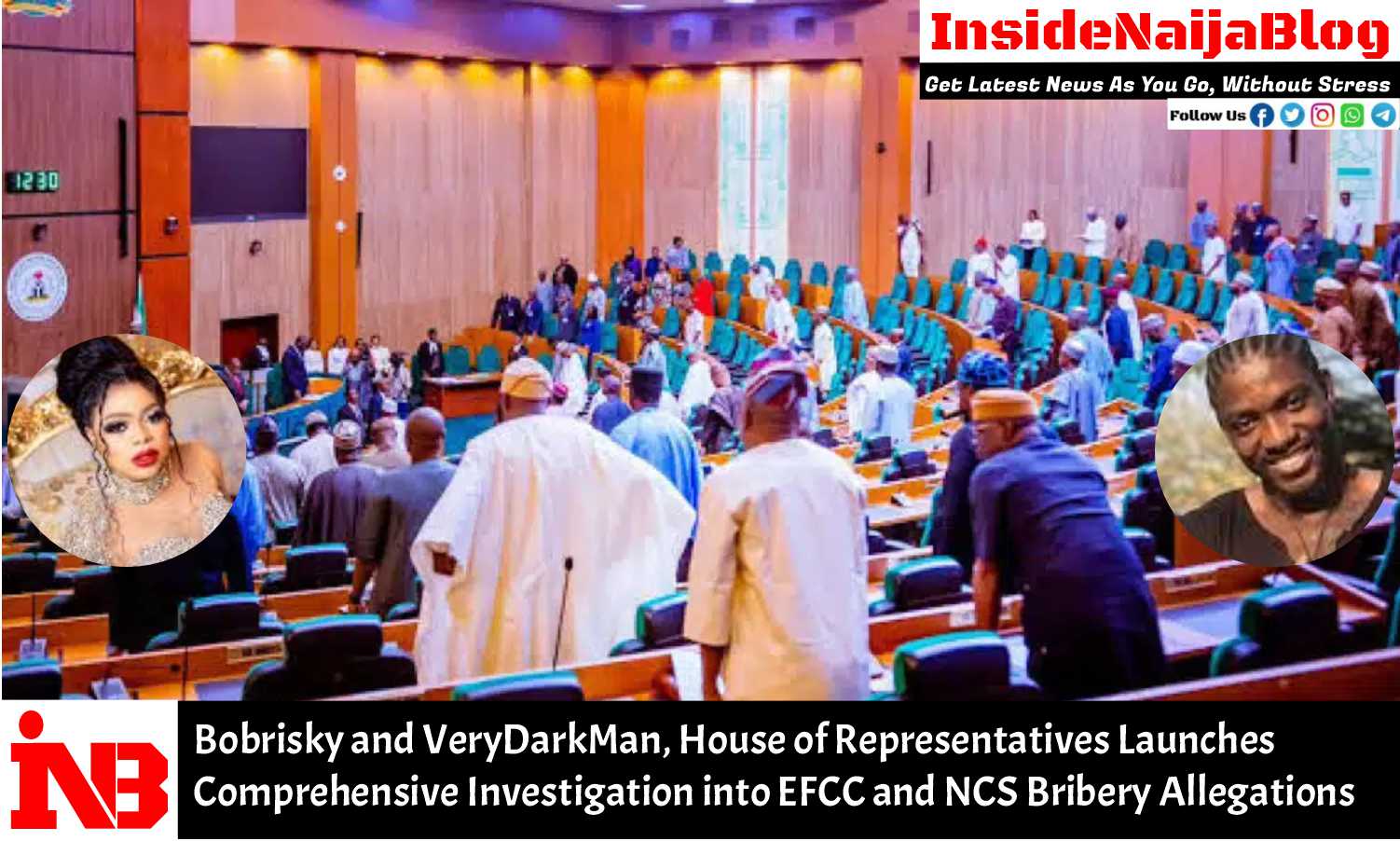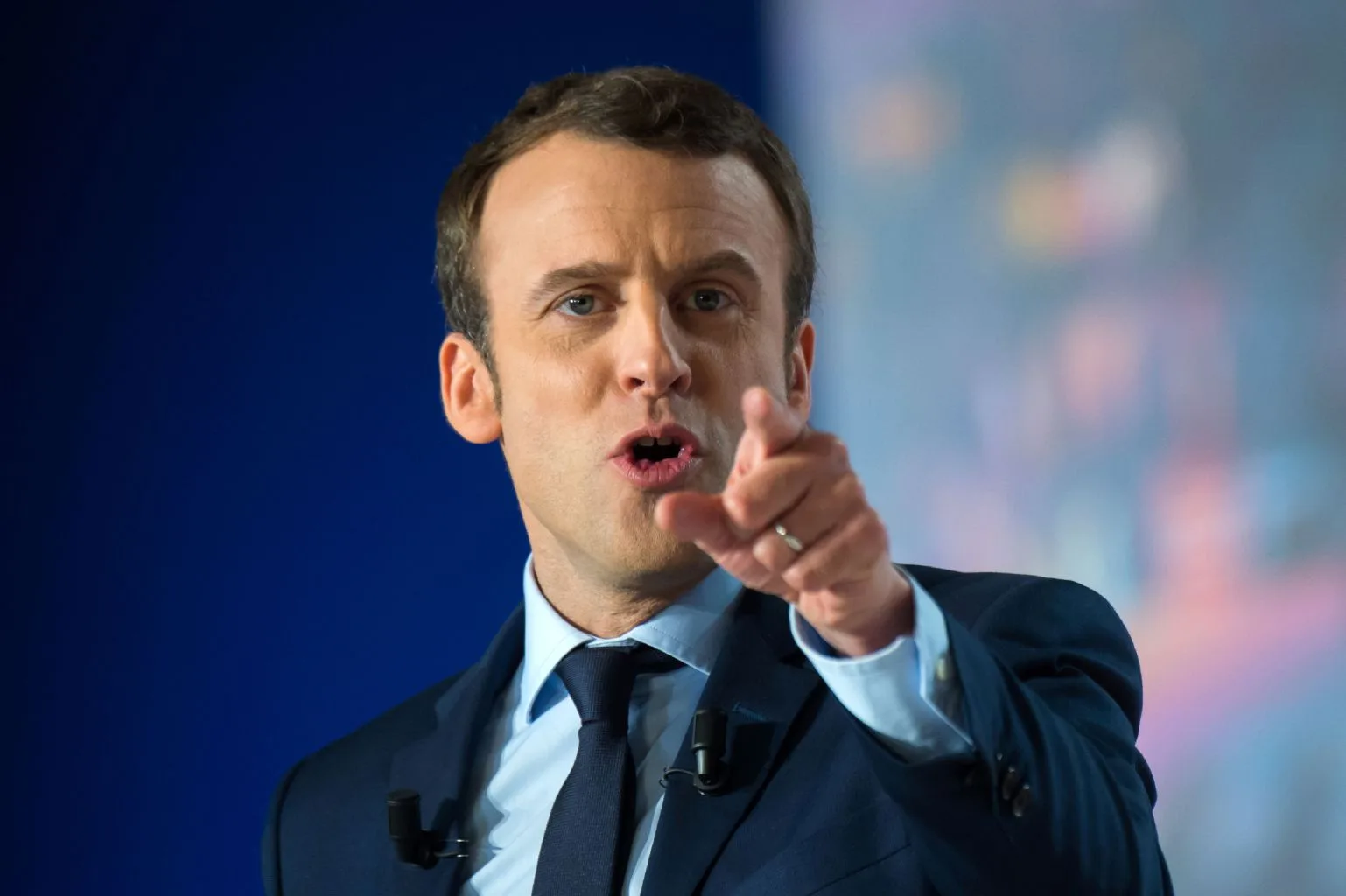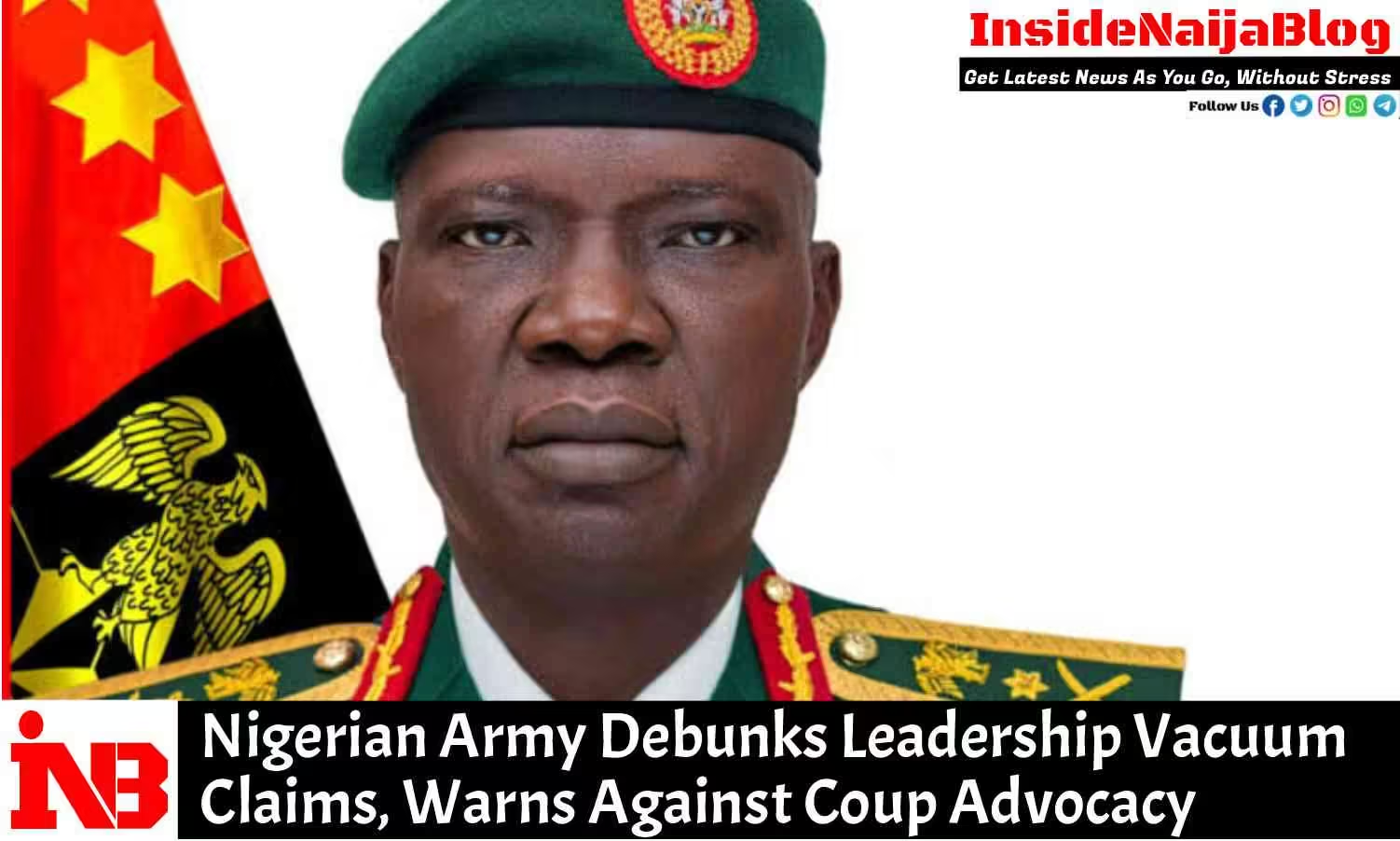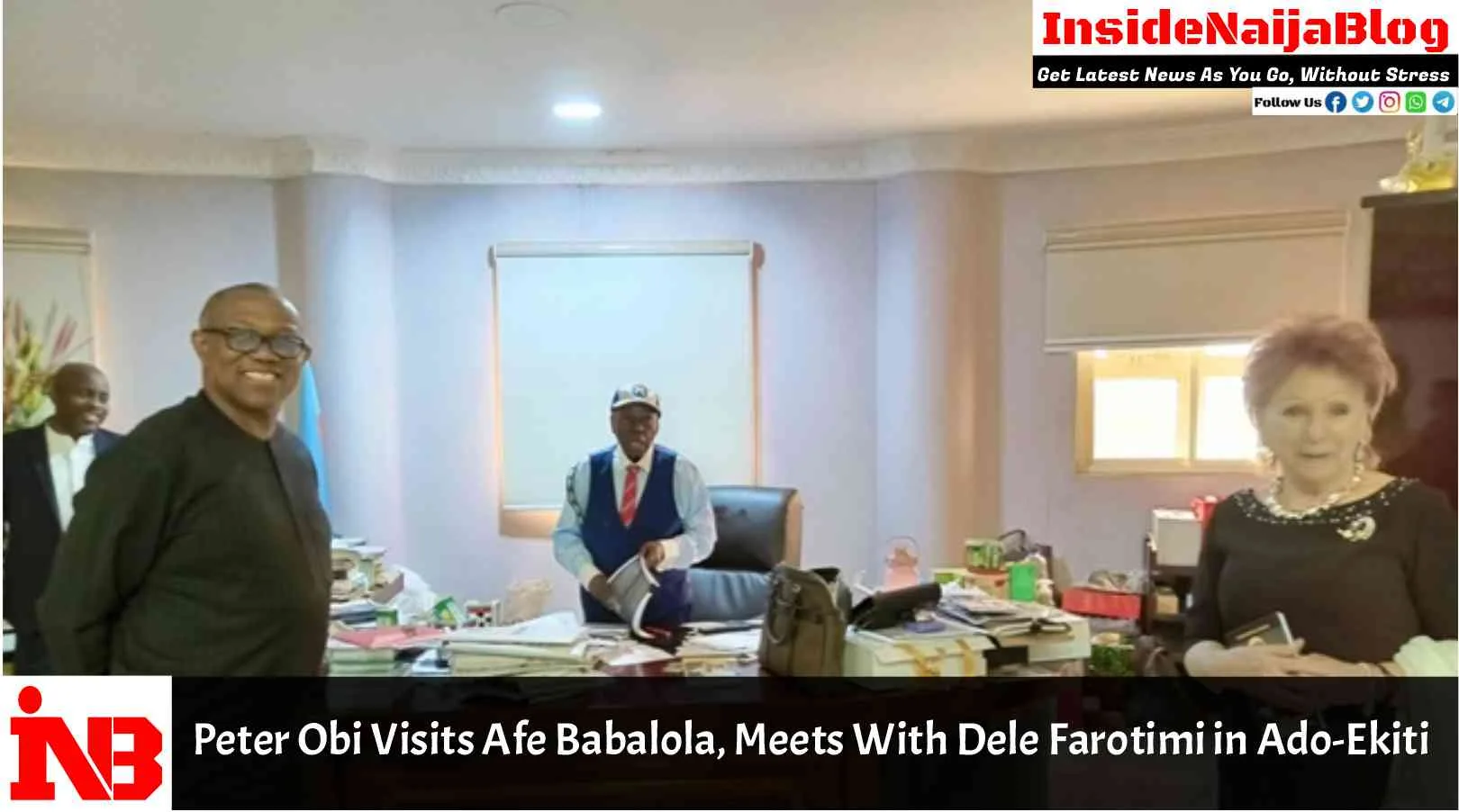In a decisive and potentially far-reaching move, the House of Representatives has officially launched an investigation into serious bribery allegations involving the Economic and Financial Crimes Commission (EFCC) and the Nigerian Correctional Service (NCS). This significant development arises from claims made by social media influencer Martins Otse, better known as VeryDarkMan, who alleged that the EFCC accepted a bribe of N15 million to drop money laundering charges against the well-known cross-dresser Idris Okuneye, more commonly referred to as Bobrisky.
Former Chief of Army Staff (COAS), Gen. Theophilus Yakubu Danjuma (retd), has urged the military top brass to put an end to banditry and senseless killings plaguing Nigeria. He made this call on Tuesday in Abuja during the presentation of a book titled ‘Big Boots: Lessons From My Military Service’, authored by Maj. Gen. Solomon Udounwa (retd).
Address to Serving and Retired Military Officers
Gen. Danjuma, an octogenarian, addressed serving and retired military top brass, including the current Chief of Defense Staff (CDS), Gen. Christopher Musa, emphasizing the responsibility lies with serving officers to end the menace. He stated, “We must end the banditry and the killings that are going on in our country as soon as possible. The responsibilities are on your shoulders; those of you who are still servicing. No excuses, absolutely no excuses. God bless you. God bless our country.”
Defence Chief’s Response
In response, Gen. Musa assured Gen. Danjuma that the Armed Forces would not be deterred by challenges and would bring the perpetrators to justice. He said, “The Armed Forces of Nigeria is willing, dedicated, and committed to ensuring that we restore peace and security in our own dear country. We shall not be deterred. I want to assure you that we have learned so much from your records. We cannot afford to fail and we will not fail.”
Banditry and Kidnappings in Nigeria
Nigeria’s North-West and North Central zones have been severely affected by banditry, with recent reports indicating:
– 7,568 people abducted in 1,130 incidents across the country.
– Nigerians paid ₦1.04 billion as ransom to kidnappers in the last year.
– Zamfara, Kaduna, and Katsina have the highest numbers of incidents and victims.
– On average, someone is killed each time there is an attempted kidnap.
SECURITY CHALLENGES
– Banditry and terrorism continue to threaten Nigeria’s security.
– Military faces challenges in combating these threats.
CALL TO ACTION
– Gen. Danjuma’s call to action emphasizes the need for urgent action.
– Military leaders must prioritize ending banditry and killings.
WAY FORWARD
– Increased cooperation between military and law enforcement agencies.
– Enhanced intelligence gathering and strategic operations.
– Addressing root causes of banditry and terrorism.
The event highlighted the gravity of Nigeria’s security situation and the need for collective action to restore peace and stability.
The Allegations That Sparked the Investigation
The gravity of these allegations cannot be understated. In a recent publication, VeryDarkMan claimed that Bobrisky, facing serious money laundering charges, was able to evade legal repercussions by allegedly bribing EFCC officials. The claim suggests a disturbing scenario where a convicted individual could manipulate the legal system through financial means, undermining the integrity of law enforcement institutions designed to uphold justice.
During the Thursday plenary session, Rep. Patrick Umoh, who represents the Ikot Ekpene/Essien Udim/Obot Akara Federal Constituency in Akwa Ibom State, took the initiative to sponsor the motion calling for this investigation. Umoh articulated his concerns about the ramifications of these allegations, not only for the individuals involved but also for Nigeria’s reputation on the global stage.
Emphasizing the Need for Accountability
Rep. Umoh passionately addressed his colleagues, emphasizing the potential damage to Nigeria’s image as a nation battling corruption. He stated, “The publication alleges that the EFCC dropped money laundering charges against Idris Okuneye upon collection of the sum of N15 million. This paints a troubling picture of our law enforcement agencies and their commitment to fighting financial crimes.” His words underscored a growing sentiment among lawmakers that urgent action is required to restore public confidence in Nigeria’s legal and regulatory systems.
Moreover, Umoh highlighted an alarming aspect of the allegations—that Bobrisky, who had previously been convicted for offenses related to the defacing of the Naira, reportedly did not serve his sentence within the confines of the NCS but was instead allegedly accommodated outside the facility. This claim raises significant questions about the operations and oversight of the Nigerian Correctional Service and its ability to enforce legal judgments.
The Broader Implications of Corruption
The implications of these allegations extend beyond individual cases; they touch upon the overarching narrative of corruption that has plagued Nigeria for decades. The portrayal of Nigeria as a corrupt nation is not just detrimental to its international reputation; it also affects foreign investment, economic stability, and the overall trust citizens place in their government and law enforcement agencies.
Umoh urged his fellow representatives to take these allegations seriously, insisting that the integrity of institutions like the EFCC and NCS must be safeguarded. “We are disturbed about the damning allegations against Nigerian critical law enforcement agencies established by this hallowed chamber to fight correction and incarcerate persons convicted of a crime for correctional purposes,” he remarked.
Next Steps: A Legislative Commitment to Integrity
In response to Rep. Umoh’s motion, Speaker Tajudeen Abbas, who presided over the session, referred the matter to the Committees on Financial Crimes and Reformatory Institutions. This committee will be tasked with conducting a thorough investigation into the allegations, gathering evidence, and producing a report on their findings within three legislative weeks.
The establishment of this committee underscores the seriousness with which the House of Representatives is approaching the situation. A detailed inquiry into the matter is not only vital for the parties involved but also crucial for reinforcing the principles of transparency and accountability in Nigerian governance.
The Path Ahead
As this investigation unfolds, it will be essential to monitor its progress and the responses from the EFCC and NCS. The outcome could have profound implications for public trust in these agencies and the effectiveness of Nigeria’s legal framework in combating corruption.
The allegations have sparked a nationwide conversation about the role of money in influencing judicial outcomes and the need for reform in how law enforcement agencies operate. With the investigation expected to bring to light important facts, it may serve as a catalyst for necessary changes within Nigeria’s institutional framework.
As the House of Representatives embarks on this journey toward uncovering the truth, the public will be watching closely. The findings of this investigation could either reaffirm or undermine faith in Nigeria’s commitment to fighting corruption, highlighting the critical need for a legal system that operates fairly and justly, without the influence of illicit financial dealings.
In conclusion, the investigation into the EFCC and NCS signifies a critical moment in Nigeria’s ongoing struggle against corruption. By holding institutions accountable and addressing the serious allegations that have emerged, the House of Representatives is taking a stand for integrity and justice in governance, which is essential for the nation’s future.




